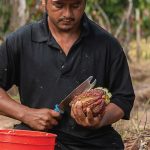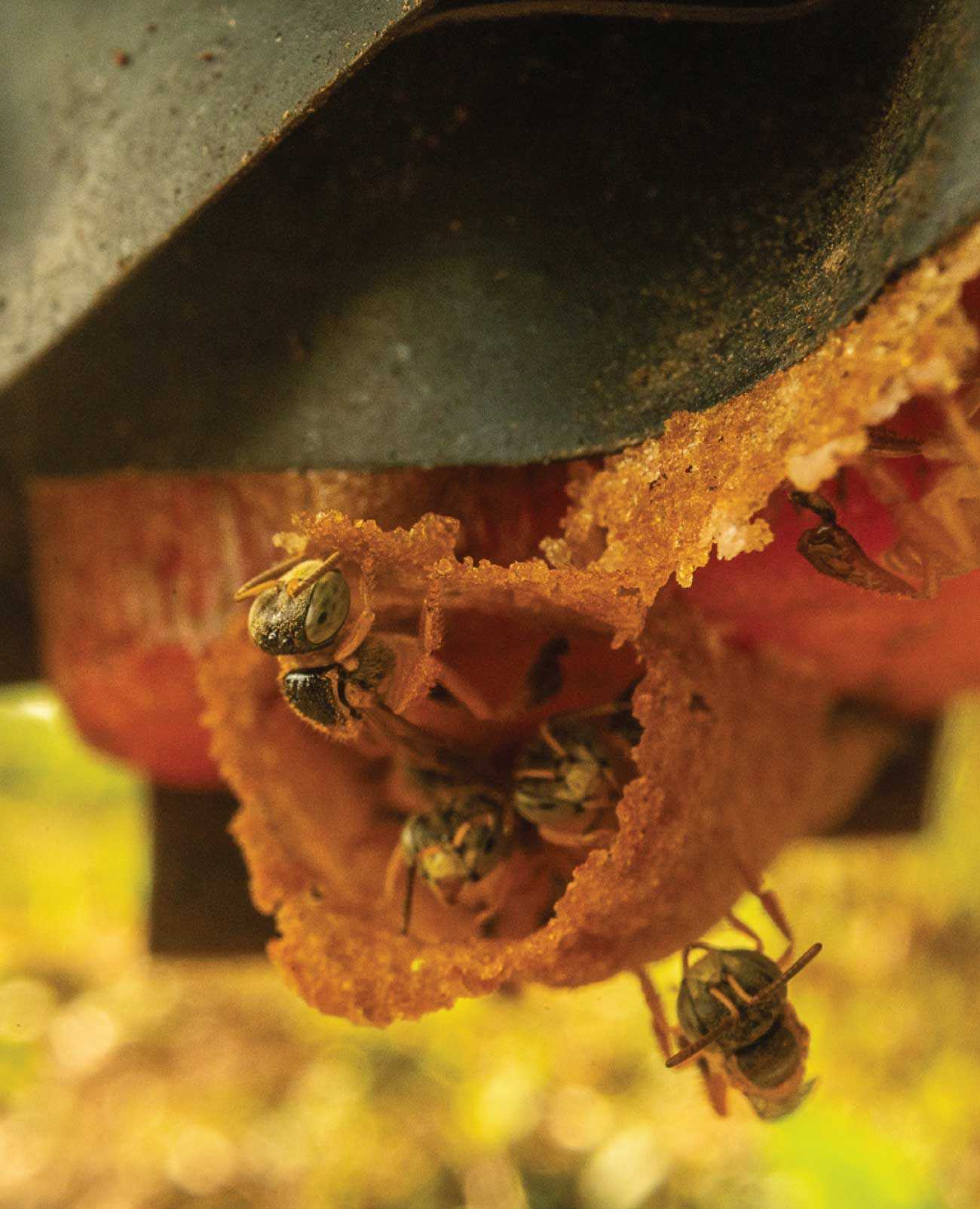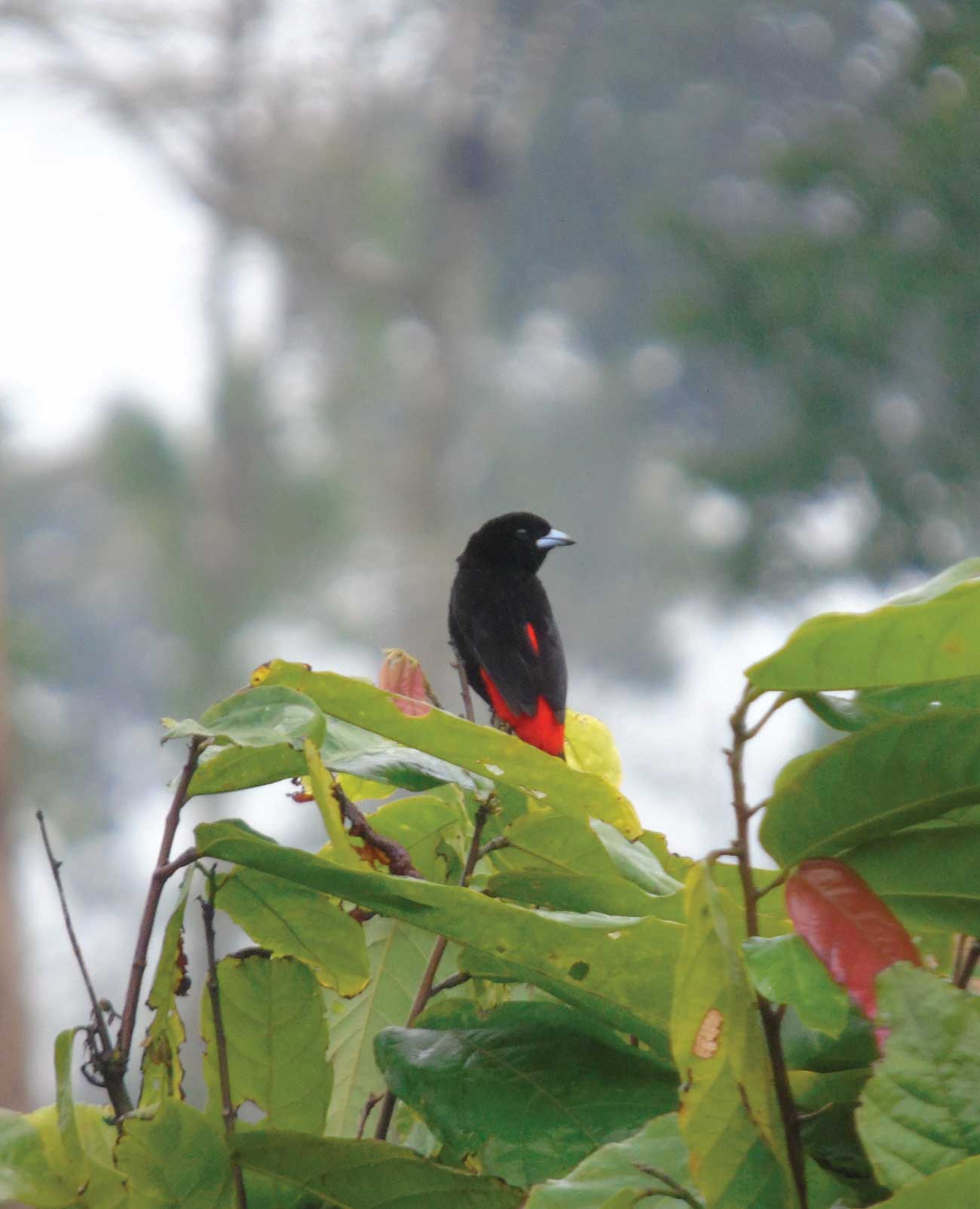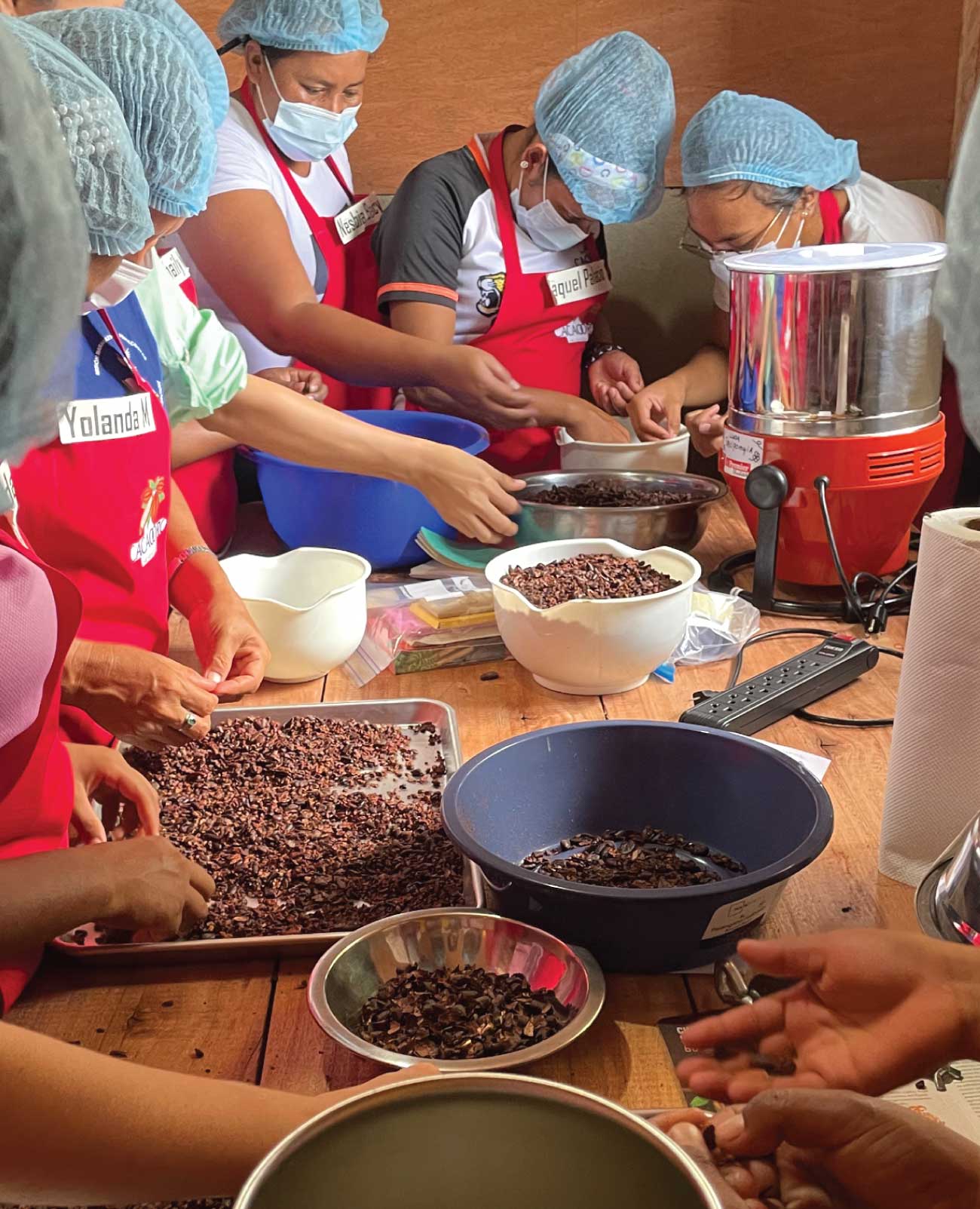Bio-Imputs
Revolutionizing Cocoa Farming: Bio Inputs and Composting
In a pioneering move towards sustainable agriculture, Cacao Oro de Nicaragua has recently heralded a new era in cocoa farming with its innovative approach to pest and disease management. In collaboration with esteemed university partners, our team has undergone comprehensive training in natural strategies designed to fortify our cocoa plantations against common threats, while also addressing the escalating costs of traditional agricultural inputs.
Our training revolved around the formulation, deployment, and monitoring of bio-inputs, with a special focus on Bacillus and Trichoderma. These crucial components play a significant role in our battle against Monilia and Mazorca Negra—two formidable adversaries of cocoa crops. Our commitment to sustainability led us to explore environmental training, alongside research and development efforts, to establish preemptive measures against Monilia, a notorious fungus that wreaks havoc on cocoa plants.
Our journey into the realm of bio-input research has uncovered cutting-edge biological control methods to counteract this fungus, culminating in the implementation of specific, farm-based activities.
At La Rosita farm, we have adopted cocoa pod composting as a key strategy not only to curb disease prevalence but also to enrich the soil naturally. This method results in the production of approximately 24 kg of K2O, 5 kg of P2O5, and 2 kg of N for every ton of dry cocoa beans processed, offering essential nutrients for the healthy growth of 1000 kg of dry seeds.
Drawing from the comprehensive study by Furcal-Beriguete (2017), we aim to meet the crop’s specific nutrient needs with 64.8 to 103 kg of K2O, 31 to 40 kg of N, 11.5 to 13.75 kg of P2O5, alongside 7 to 11.2 kg of CaO and 8.3 to 11.6 kg of MgO. This meticulous nutrient management underscores the importance of composting not just as a means to improve soil quality and reduce harvest waste, but also as a crucial component of our integrated pest management and fertilization strategy.
It is essential to recognize that while composting is a cornerstone of our approach to enhance soil quality and mitigate disease risks, it represents just one facet of our comprehensive strategy aimed at achieving an optimal nutrient balance. Through these efforts, Cacao Oro de Nicaragua is not only committed to boosting cocoa yield and quality but also to pioneering sustainable practices that ensure the longevity and health of our cocoa plantations for generations to come.
Category:
Date:
October 3, 2023






